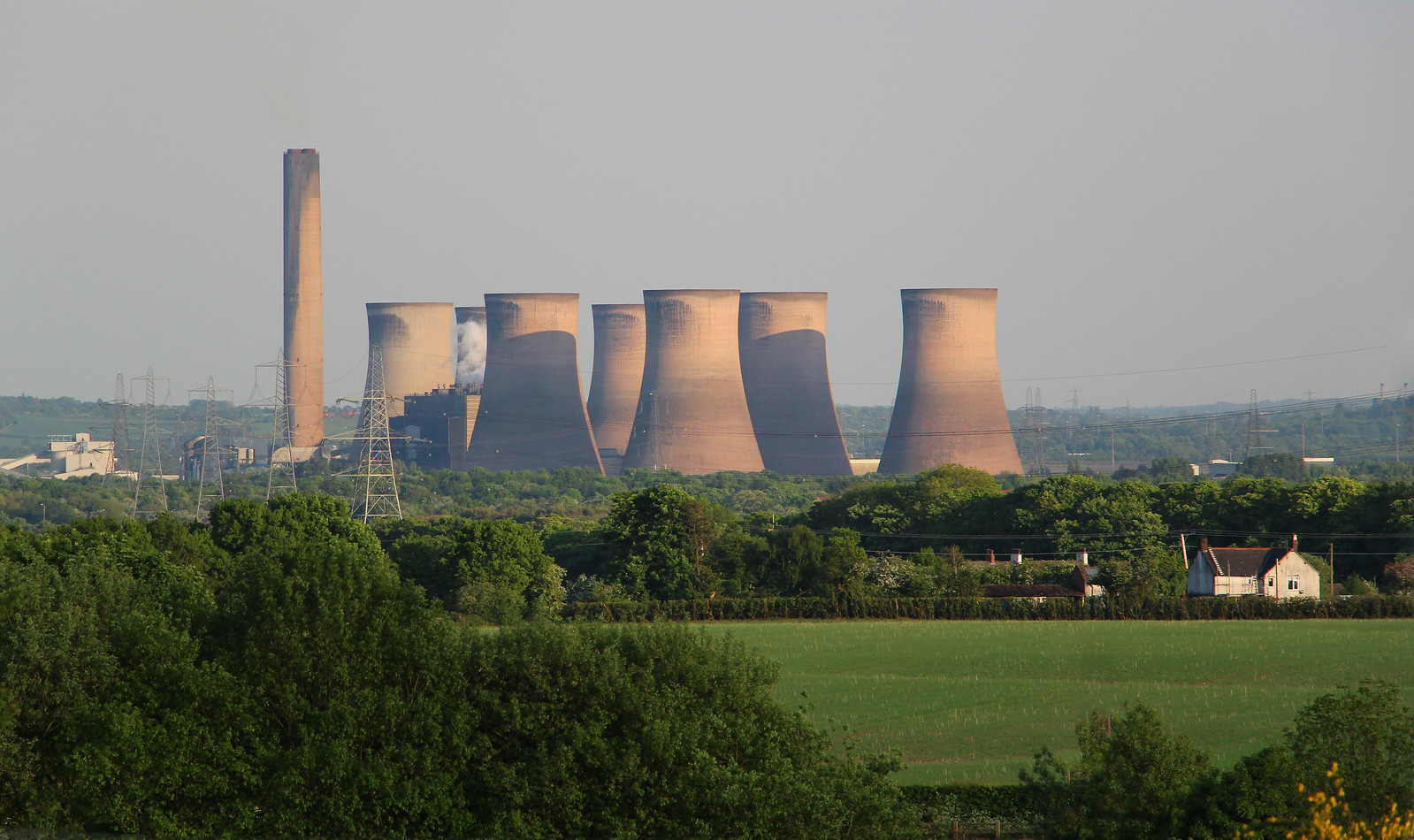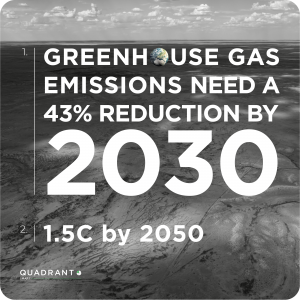COP26: Too Much Coal Being Burned To Meet Targets

The number of coal-fired power plants under development worldwide fell last year, but still, far too much coal is being burned. Housing Industry Leaders looks at the recent report from Global Energy Monitor and how despite countries agreeing to the COP26 UN phase-down agreement, more progress is needed.
Global Energy Monitor’s report revealed that after rising in 2020 for the first time since 2015, total coal power capacity under development declined again from 525 gigawatts (GW) to 457 GW, a 13 per cent decrease.
In addition, countries planning new plants fell from 41 countries in January 2021 to 34 countries. However, despite progress, the report’s authors stated that “coal’s last gasp is not yet in sight.”
They continued to explain that developed countries should be helping the rest of the world to both end plant construction and begin their coal transitions, but “many are instead planning to operate their coal plants at home far beyond the deadlines required by climate science and are clinging on to the false promise of “clean coal”.
More than 2,400 coal-fired power plants are operating worldwide in 79 countries, for a total of nearly 2,100 GW of capacity. An additional 176 GW of coal capacity is under construction at more than 189 plants.
Staying within 1.5C is essential for reaching net zero
One hundred and seventy plants are not covered by an eventual phase-out date or a carbon-neutrality target, and not enough are scheduled to retire in time to stay within 1.5C.
A recent report by Intergovernmental Panel on Climate Change insisted that to limit global warming to around 1.5C, global greenhouse gas emissions would have to peak before 2025 and be reduced by 43 per cent by the year 2030.
The report reveals that global temperatures will stabilise when carbon dioxide emissions reach zero. For 1.5C, this means net zero must achieve this in the early 2050s.
Electricity generated from coal rose by 9 per cent in 2021, a record high, after a 4 per cent fall in 2020 when the pandemic first began.

Currently, a slowdown in older coal-fired power stations being taken out of service is happening, with about 25 GW of capacity taken out, roughly equal to the amount of new capacity commissioned in China.
China’s climate targets are not yet helping to scale back coal power capacity
China has commissioned more new coal-fired power than the rest of the world since the pandemic started. The Chinese government’s plans for increasing clean electricity production by 2015 should mean that less coal is used.
In the country, 2021 saw construction started on 33 GW of new coal power plants, the most since 2016 and almost three times as much as the rest of the world put together. China’s coal power capacity continued to increase, while in the rest of the world, capacity continued to fall.
This comes after President Xi announced that China will “strictly limit the increase in coal consumption” from 2021 to 2025, phasing down in 2026 to 2030 as part of the country’s pledge to be carbon-neutral by 2060.
Despite this, an agreement couldn’t be made with China and they didn’t sign on to a statement at COP26 committing to phasing out the use of coal.
Britain could approve a coal mine to reduce reliance on Russian gas
It isn’t just China who are commissioning more new coal-fired power, as soon Britain could controversially approve its first coal mine in decades.
Secretary of State for Levelling Up, Housing and Communities, Michael Gove, is reportedly preparing to give the green light to a new colliery in Cumbria to try and reduce reliance on Russian oil and gas.
Woodhouse Colliery would use coking coal to produce steel rather than for energy to heat homes.
Russia is currently relied on by the steel industry for almost half of its coal. Following the invasion of Ukraine, this position has now become undesirable.
Cumbria County Council had originally approved the plan, but ministers launched an inquiry last year after activists objected to the mine ahead of the COP26 Climate Change conference. The decision is for Michael Gove to make, who has until 7th July.
The government argue that this could reduce the carbon emissions generated by shipping coking coal worldwide from countries such as Russia and Australia.
However, Britain should reduce its reliance on fossil fuels and invest in cleaner production methods to reach our climate goal. Countries must retire more coal-fired plants and continue decreasing the number of plants being commissioned.

